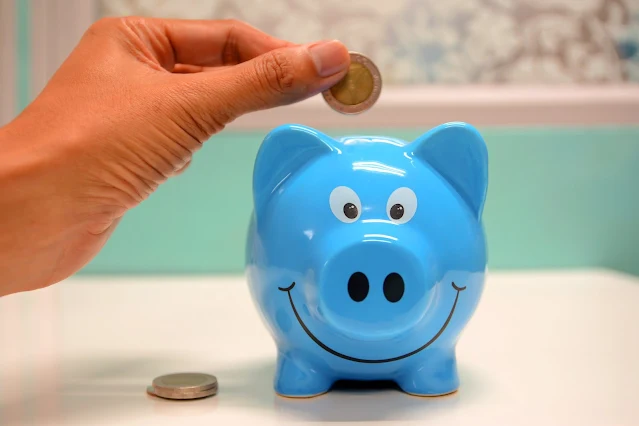Nowadays, when everyone uses a bank account. Online transactions and card payments take place anywhere. One morning when you wake up, you receive a notice that your account has been completely deducted. Which you do not make those transactions at all. Contacted the bank and they said all transactions were valid. How do you keep yourself from falling into that situation? Here are some very simple principles that can help you.
Rule number one: minimize risk.
You should use at least two accounts of two different banks, with two different phone numbers. An account is only used to store money. Do not make any online transactions, swipe cards, swipe cards, link e-wallets. This account is definitely not public, even the phone number registered with this account needs to be kept private. The second account is only used for online transactions, swiping cards, etc. In this account, only the minimum balance is maintained, not exceeding 10% of the amount you have. Just use it up, move it back in when needed.
For using payment cards, debit cards, credit cards. Even if you issue a card on an account that is only used for online transactions, it contains little money. To ensure safety in case you lose your card. You should remember the last three numbers on the card number. Then use a hard object to erase the three embossed numbers on the card. That way crooks can't use your card.
Rule number two: trade on secure devices.
There are some things in this world called malware, or simply viruses, malicious code. When your phone or computer is infected. It can copy your entire keystroke or copy-paste cache. Therefore, when trading on an account with a large amount of money. Make sure your device is completely secure. What is safety equipment?
1. Phone is brand new or has been reset to factory settings, only install the official banking application for transactions. In addition, do not use to access any web or install any other software. This phone is for transfer only. Run out of. After using it, disconnect the 4G and Wifi network.
2. Your own computer, do not use public computers or other people's computers. Do not install pirated, hacked, or unlicensed Winddows because they are already pre-installed with malicious code. Also only install trusted web browser apps downloaded from the homepage like chrome, edge, firefox. Do not install any other software or browse the web, facebook etc. This machine is only used for money transfer. End.
If you only have one computer, try using the live Linux operating system installed on a usb stick. When you need to use it to transfer, plug it in. After using, turn off the device, remove the USB and store it.
3. All your banking devices and applications must have strong passwords. Above 8 characters, use special characters. Do not use passwords that contain information related to you personally such as: date of birth, wife and children, wedding date, ID number, favorite color, etc. Because they are easy to guess if your device falls into the hands of crooks.
Rule number three: connect securely.
Once the device is secure, the connection you use must also be secure. The 4G connection of the telecom operator is relatively safe, because the packets are encrypted with a high level of security. It is difficult for crooks to decipher packets transmitted over 4G.
Wifi connection has the following requirements:
Must use your own wifi. This wifi only shares passwords with trusted devices in the house. Absolutely do not use public wifi or home wifi that has shared the password with too many people. Because wifi system can intercept packets easily if hackers share wifi with you. The hacker will then decrypt your packet to get user name and password information.
If using OTP sms, make sure this phone number is only used for banking transactions, not public, not normal calls. This will reduce the risk of fraudsters knowing the phone number. Fraudsters will fake, scam to forward messages, calls from your number to their number. More advanced, they can perform a high-tech attack to trick the telecommunications carrier's transceiver system to capture the packet containing your OTP sms.
Sincere advice is: the sms protocol is old and weakly encrypted. It will be better if you switch to Smart OTP over the internet. They are generated right on the device. Connecting to the bank's encrypted server is much more secure than sms.




